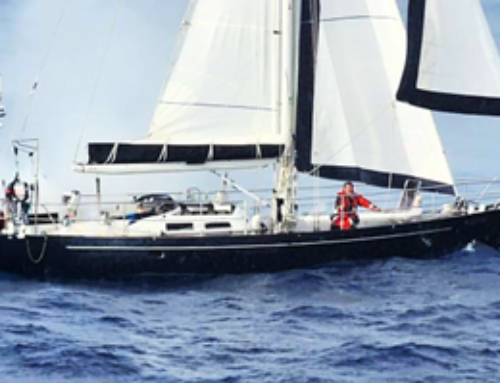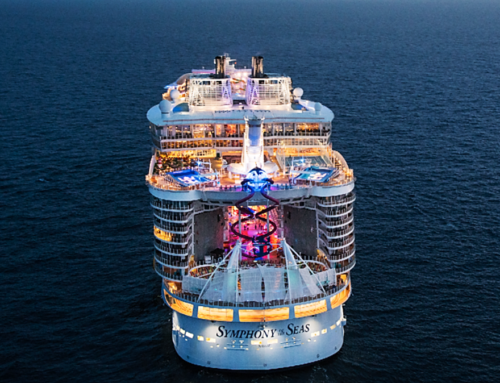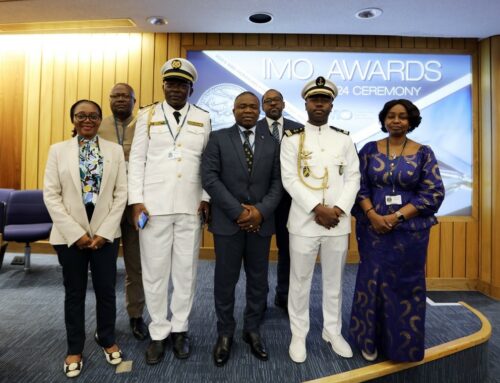Maintaining the health of the maritime industry and its workers is important now, more than ever. Without it, the international logistics of effectively managing the COVID-19 pandemic would be impossible. Sometimes, however, an advocate is needed: recently, evidence has come to light that the consequences of the COVID-19 pandemic on seafarers and their families is being significantly and inexplicably under-reported.
“It is now time to tell the whole truth, including the good, the bad and the ugly, of the ramifications of COVID-19 on the silent heroes who will keep us supplied and alive in this unprecedented global crisis,” says David Hammond, CEO of the charitable NGO Human Rights at Sea.
For the past seven years, Hammond and his organization have advocated independently for the predicament of seafarers and fishermen working to keep our global supply chains stocked with all manner of raw materials and manufactured goods. The current pandemic and the resulting quarantines and shortages make their roles even more essential- and dangerous. Alongside state emergency services, armed forces and frontline healthcare workers, many put themselves at risk every day as they struggle to support those affected. However, in a recent editorial, Hammond questions how fully aware of these risks they are, and why essential maritime workers might obscure the consequences.
He suggests that among many authorities there is a fear of being fully transparent about the circumstances of any COVID-19 quarantine, thereby potentially causing mistrust and panic on a long-term voyage. He asserts that instead most seafarers would prefer being completely informed about their situation. This helps avoid creating “victims of circumstance”, which, for the maritime sector, includes “crew (and passengers) who are asymptomatic, with no reported symptoms, but are still contagious, are unlucky enough to become ill ashore, or become ill in an enclosed vessel and then are prevented either temporarily or permanently from gaining port entry, or from obtaining timely-resupply of essential medical supplies and therefore essential [aid]”, says Hammond.
Hammond argues for greater international oversight, ensuring that information on ships under quarantine are publicly reported, and not hidden by individual state or corporate interests. “What we are not hearing on any scale from within the maritime sector… are the real details of the alternative reality and of the uncomfortable stories reflecting the consequences of those not fortunate enough to have support of the big commercial companies who are pushing this stoic messaging. Without this, we have an incomplete and less-than-transparent picture of what is occurring.”
“Questions must now be asked of whether is there [sic] a deliberate suppression of the facts…. careless under-reporting, or just a convenient avoidance of the inconvenient truth behind the ongoing suffering of seafarers and their families during the COVID-19 crisis?”
The above is a summary of one or more news stories reviewed by the author of this article. It may contain comments or views of the author only.
This article is intended for general interest and does not constitute legal advice.
If you have questions or wish to discuss this story, or we can assist with claims like this or similar issues, please do not hesitate to contact us here at the Herd Law Firm.







